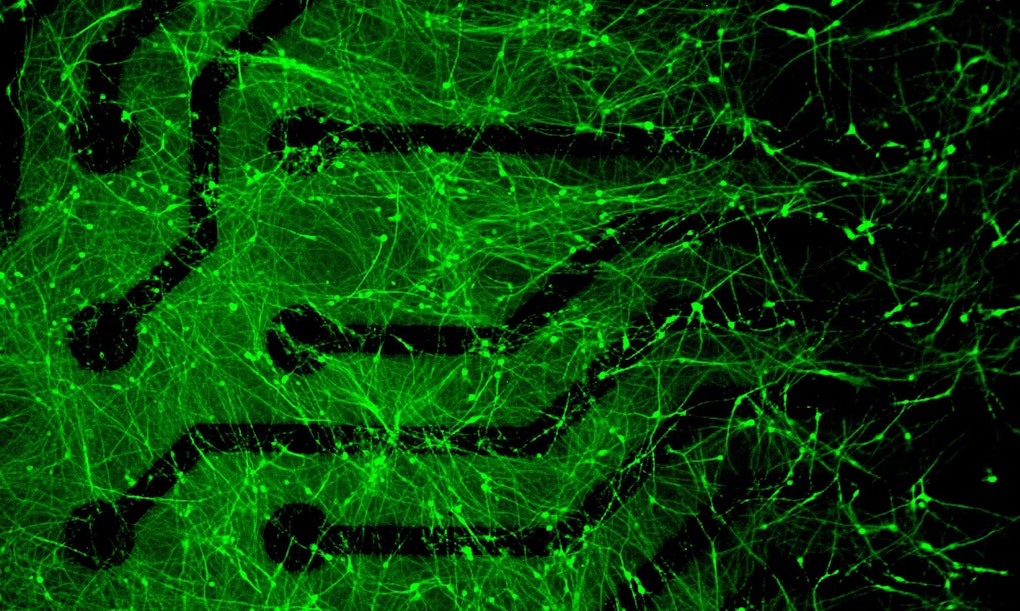
The Simons Foundation Autism Research Initiative (SFARI) is pleased to announce that it intends to fund eight grants in response to the 2020 Research Award request for applications (RFA).
The grants awarded in response to this RFA will support research that investigates genetic and epigenetic mechanisms, neural circuits changes and the development of genetic therapies in autism spectrum disorder (ASD).
SFARI intends to provide approximately $9 million in funding over the next four years to 11 investigators as part of this award program.
“Congratulations to all of the investigators who’ve received funding in this cycle,” says SFARI director Louis Reichardt. “These research projects promise to move the field forward by answering important open questions, and we look forward to hearing about the findings in the coming years.”
Awardee Michael Boland, an assistant professor at Columbia University Medical Center, says: “Now that many ASD risk variants have been identified, an important next step is to test the efficacy of different therapeutic approaches based on these findings. My lab, together with Wayne Frankel’s at Columbia University Irving Medical Center, will use our SFARI funding to develop and test multiple genetic therapy approaches for the ability to correct phenotypes in cellular and mouse models of STXBP1 haploinsufficiency. We expect that this research will help identify a path forward to improve outcomes for individuals with these genetic changes and their families.”
The projects that SFARI intends to fund in this cycle include:
Michael Boland, Ph.D. and Wayne Frankel, Ph.D. (Columbia University Medical Center)
Development of genetic therapies for STXBP1 haploinsufficiency
Dan Feldman, Ph.D. (University of California, Berkeley)
Population coding in the sensory cortex in multiple mouse models of autism
Andreas Frick, Ph.D. (INSERM, University of Bordeaux) and Stefan H. Heinemann, Ph.D. (Friedrich-Schiller-Universität Jena)
Investigating BKCa channel agonists as a potential treatment of atypical sensory information processing in autism
Michael Greenberg, Ph.D. (Harvard Medical School)
Neuronal activity-dependent chromatin remodeling in autism
Jingjing Li, Ph.D. and Arnold Kriegstein, M.D., Ph.D. (University of California, San Francisco)
Identifying altered gene regulatory networks at single-cell resolution along the trajectory of brain development in autism spectrum disorders
Gaia Novarino, Ph.D. (Institute of Science and Technology Austria)
Critical windows and reversibility of autism associated with mutations in chromatin remodelers
Benjamin Philpot, Ph.D. (University of North Carolina at Chapel Hill)
Neuron type-specific roles of UBE3A: E-I imbalance and seizures
Elise Robinson, Sc.D. (Broad Institute, Harvard T.H. Chan School of Public Health)
Characterizing the convergent molecular mechanisms of common and rare autism-associated genetic variation


